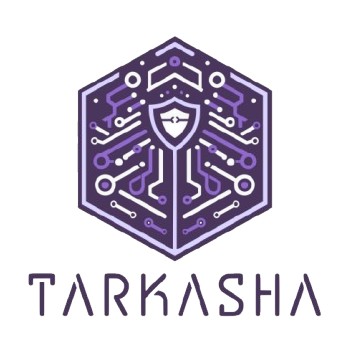Enterprise Data Migration & ETL Modernization
Challenge
A multinational retail corporation with over 1,200 stores across 15 countries was struggling with an aging data infrastructure that couldn’t scale to meet their growing analytics needs. Their legacy data warehouse and ETL processes were creating significant bottlenecks, with data processing taking up to 36 hours and causing delays in critical business reporting.

Legacy Infrastructure: Outdated on-premises data warehouse built over a decade ago using traditional ETL tools
Scaling Issues: Nightly batch processing frequently exceeded time windows as data volumes grew
Data Silos: Critical business data spread across 17 disconnected systems
Manual Processes: Heavy reliance on custom scripts and manual interventions
Limited Visibility: Lack of data lineage and quality monitoring capabilities
Our team designed and implemented a comprehensive migration strategy that modernized the client’s entire data infrastructure while ensuring business continuity throughout the transition.
Multi-layered Security Architecture
- Implemented cloud-based data lake architecture using Azure Data Lake Storage
- Deployed Snowflake as the scalable cloud data warehouse
- Created multi-zone data architecture (raw, validated, curated, consumption)
- Established unified metadata management layer
Advanced ETL Modernization
- Replaced batch processing with real-time and near-real-time data ingestion using Azure Data Factory
- Developed modular, reusable transformation components using Spark
- Implemented automated data quality validation at each processing stage
- Created self-service data preparation capabilities for business analysts
- Deployed comprehensive monitoring and alerting system
Migration Approach
- Utilized “dual-run” methodology to ensure continuous business operations
- Implemented phase-by-phase migration starting with least critical systems
- Developed automated reconciliation processes to validate data correctness
- Created detailed documentation and knowledge transfer materials
Organizational Transformation
- Established DataOps practices for continuous integration/deployment of data pipelines
- Trained client teams on new technologies and methodologies
- Developed data governance framework and operating model
- Created centers of excellence for ongoing optimization
Implementation Process
The implementation followed Tarkasha’s proven methodology. Full compliance with all relevant regulations achieved and maintained
Assessment & Planning
- Comprehensive audit of existing systems
- Detailed data modeling and assessment
- Solution design and implementation roadmap development
- Stakeholder alignment and project governance establishment
Phased Implementation
- Core infrastructure deployment
- ML model training and validation using anonymized historical data
- Integration with existing systems
- User acceptance testing and refinement
Knowledge Transfer & Optimization
- Data Engineers team training
- Documentation and knowledge transfer
- Incident response procedure development
- Initial performance optimization
Processing Time Reduction – From 36+ hours to under 2 hours (94% improvement)

Real-time Analytics – Enabled streaming analytics for critical business metrics

Cost Efficiency – 62% reduction in total cost of ownership over 3 years

Data Quality – 89% reduction in data quality incidents

Self-service – 70% of new report requests now fulfilled by business users without IT involvement

